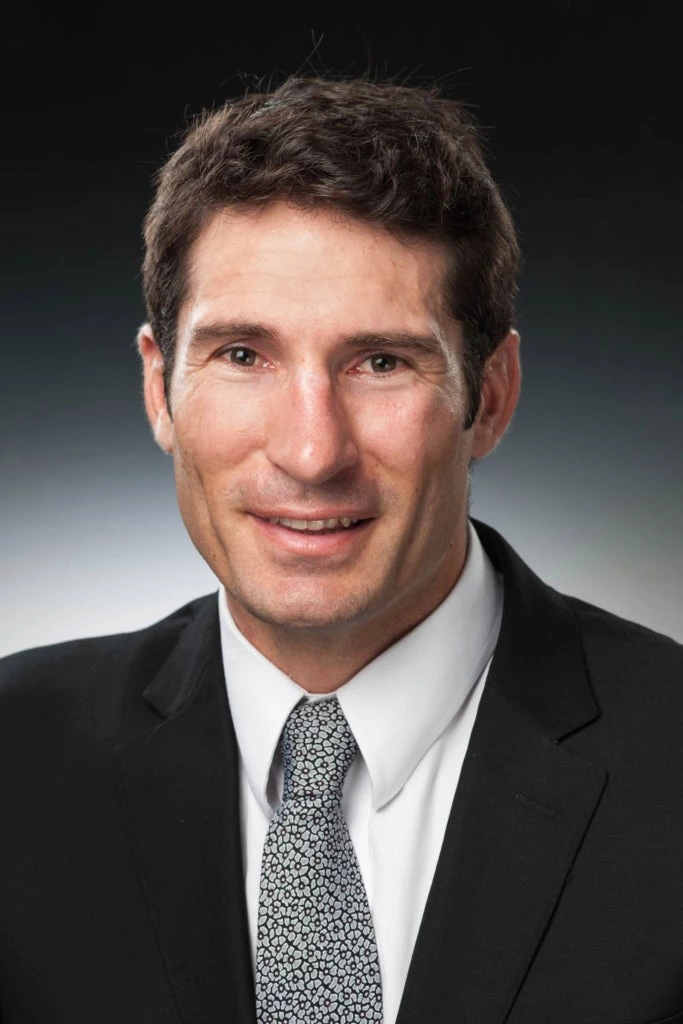
Following periods of violent conflict, states often dedicate significant energy, time, and funding to a variety of endeavors broadly aimed at improving the rule of law. These include pursuing prosecutions or legally enacted amnesties to address past human rights violations; revising constitutions to expand human rights protections; undertaking reparatory and truth-seeking processes; and creating national human rights institutions and ombuds offices to monitor future human rights violations. Existing research, however, has not fully assessed whether these endeavors have any payoff in terms of preventing further violent conflict.
Our paper set out to provide a comprehensive, empirical assessment of the effectiveness of these policies with novel data, either newly sourced or originally created. To examine the impact of trials, amnesties and other transitional justice mechanisms, we draw on the newly available platform, Transitional Justice Data. The dataset provides more expansive coverage and added nuance—for example, the rank of individuals put on trial—than existing sources offer. Information on constitutional rights was drawn from the newly completed Comparative Constitutions Project’s global dataset. Finally, we created our own dataset of human rights institutions and ombuds offices created after periods of violence. We tested the impact on conflict recurrence of all three sets of variables in the immediate (three- and five-year) periods after violence concluded.
Regarding transitional justice, we find that only prosecutions of low- and mid-level human rights violators are associated with a decrease in the likelihood of conflict recurrence. In contrast, pursuing prosecutions for high-ranking actors makes conflict recurrence more likely. These effects are sizeable and the difference stark. Holding all else constant, the rate of recurrence decreases by approximately 70 percent when trials of middle and low-level actors are pursued. Where trials of high-ranking individuals occur, the rate of conflict recurrence increased by approximately 65 percent. We do not find any evidence that amnesties or truth commissions affect conflict recurrence, in either direction.
Our analysis of constitutional reforms examined the inclusion of 26 different human rights protections and references to international human rights law. Surprisingly, none had a statistically significant effect on reducing the likelihood of conflict recurrence. Including more protections for individual rights in new constitutions was actually correlated with an increase in the rate of recurrence, but the effect was weak and not consistent across model specifications. We find, however, that the process of creating a new constitution following conflict is important: it reduces the rate of conflict recurrence by 60 percent. We find no evidence that the creation of new human rights institutions affects conflict recurrence.
Overall, we conclude that holding those responsible for past human rights violations may play an important role in removing potential violent actors from society and deterring future violent dissent or abuse. Trials of high-ranking actors, however, may be more vulnerable to fostering the kind of grievances identified in the jointly published United Nations–World Bank report, Pathways for Peace, where social groups perceive the selection of those accused of a crime as constituting persecution of particular social groups or parties to a conflict. These perceptions render social groups vulnerable to being remobilized to violence. Frameworks for objectively identifying may help mitigate the risk of exaggerating social group-specific grievances.
The finding regarding new constitutions supports arguments in favor of how inclusive post-conflict constitution making processes are. It appears that where former warring sides are able and willing to come together in a new endeavor to remake a fundamental component (the rules) of the state, violence is less likely to recur. Prosecutions of middle and low-ranking actors from all parties to a conflict may also indicate a level of elite authenticity that underpins post-conflict agreements.
We want to caution that our findings should not be interpreted as support for not pursuing the inclusion of human rights protections in new legal frameworks or not creating offices to provide oversight of the government. These efforts likely accomplish other important goals. We should temper our expectations, however, as ideas that they safeguard against the recurrence of violence may be misplaced.






Join the Conversation